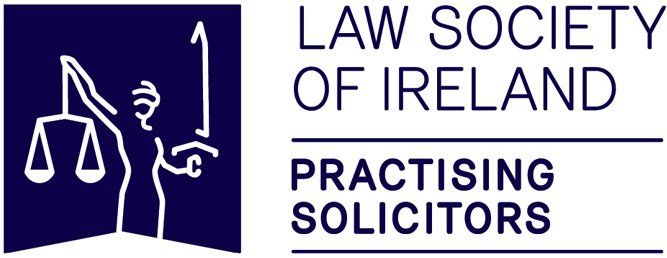Injuries Board Applications
- Initial Information Pack to Client including Fee estimate, draft application, Terms of Engagement, Agreement to instruct and Authority
- Letter of Claim must be sent Registered Post within 2 months of accident or asap thereafter may affect costs if case goes to court
- Request for Medical report to hospital or doctor
- Respond/Correspond with Insurance Company
- When report arrives client to review
- Complete Form A Application and send to IB with Medical, Fee. Reg Post retain slip
- Await acknowledgement from IB
- When IB Acknowledgement is received TIME STOPS
- 3 month period for Respondent to decide on Assessment
- If Respondent consents to assessment then complete schedule of special damage when received
- 9 months for IB to assess
- Advise on assessment if not accepted then,
- Authorisation Issues then re-calculate the new statute date and note
- Send papers to barrister for drafting of proceedings
- Issue proceedings within 6 months if possible
- Serve proceedings registered post or acceptance by solicitors
- Obtain Appearance from Defendant issue motion if necessary
- Reply to Particulars if served
- Obtain Defence issue motion if necessary
- Send papers to counsel for advice on proofs/instruct senior if High Court
- Gather further medical evidence
- Gather actuarial/accounting evidence
- Appoint engineer if required
- Obtain discovery if required
- Set down
- Obtain hearing date and serve
- Prepare Schedule of Witnesses and serve followed by reports of expert witnesses
- Notify witnesses and put on Standby
- Prepare final brief booklets for court and barrister
- Attend court with client
- Public Liability Claims
- Employment Law
- Professional Negligence
- Medical Negligence
- Road Traffic/ Car Accidents
- Accidents at work
- Trip and Fall Accidents
- Abuse Victims
Injuries board applications
Since 2004 almost all types of personal injury applications must be processed to the personal injuries assessment board. Although the injuries board encourage people to make the application without using a lawyer, a large percentage of people still choose to instruct a solicitor to handle the matter on their behalf. This is so even though the board generally do not include the costs as a necessary expense and the client must pay their legal costs out of any award they receive. We provide full support for personal injury applications, advice on the procedures and in particular on the assessment with a transparent and reasonable fee structure.
Most accidents are covered by the board including road traffic, car accidents, trip and fall accidents and accidents at work but it should be noted that if the injury is mostly of a psychological nature such as trauma stress anxiety etc then the board will not generally assess such claims. There are also exclusions for medical negligence but you should not assume that your case does not need to be approved by the board and always get legal advice before taking any action. There are also strict time limits involved and you should make sure to contact your legal adviser as soon as you can. Apart from the statute of limitations which requires that claim to be made within two years update of the accident (this varies depending on the type of accident and you should always check with your legal adviser) there is also a requirement that a letter of playing the sense to the person you're holding responsible for your injury within two months of the date of the accident or as soon as possible thereafter. If this letter is not sent it can affect the court's decision as to whether or not to give you costs even if you win your case later on.
Child injury cases
One of the exceptions to the general rule of thumb that legal costs are not awarded in the injuries board is child or infant cases. In such case the board will generally include a fee for making the application and advising on any settlement made. They will also generally include a direction that costs be awarded for the ruling of your child 's settlement. All child settlements must be approved by the court. The money is then paid into court and held there until your child reaches 18.
Email Us
We will get back to you as soon as possible
Please try again later
Contact info
Carvill Rickard & Co. Solicitors,
Watermill House,
1 Main Street, Raheny,
Dublin 5, Ireland.
DX 275001 Raheny


